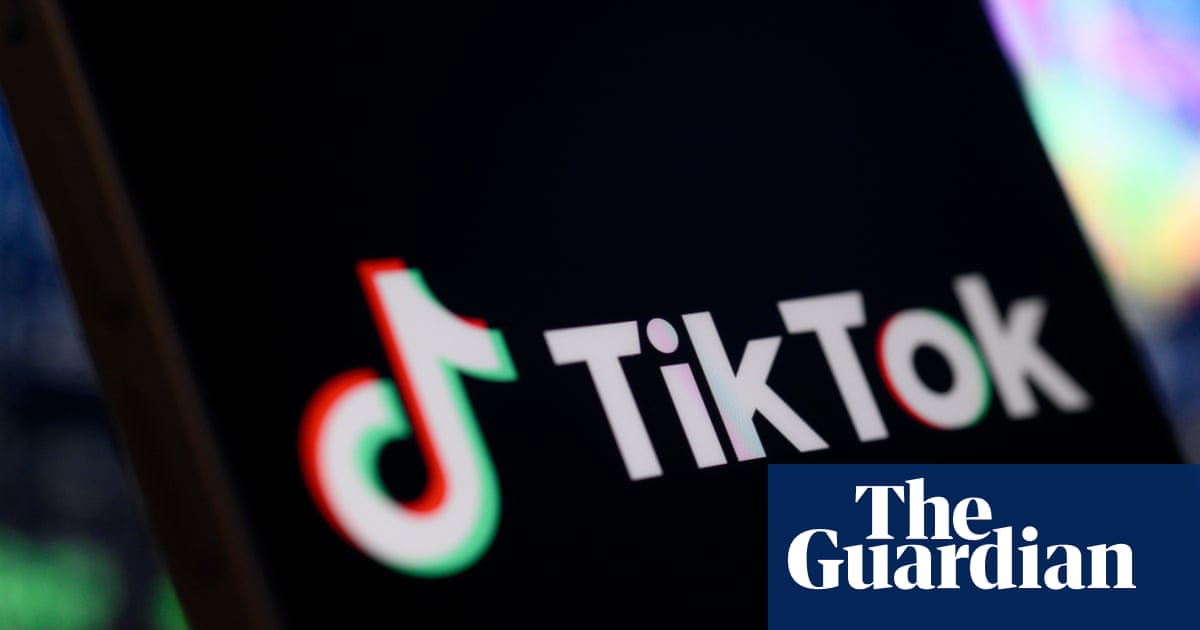[News]
Taiwanese people who spend large amounts of time on TikTok are more likely to agree with some pro-China narratives, a survey has suggested.
The study, conducted by the Taiwan-based DoubleThink Lab, surveyed people across Taiwan in March, asking a series of questions about politics and democracy in Taiwan and China, and their views on unification of the two sides.
It found that among the respondents, agreement with criticisms of Taiwan’s domestic issues, and with the prospect of unifying with China, rose as TikTok use increased, before dropping again among the heaviest users of more than 14 hours a week.
China’s ruling Communist party (CCP) claims Taiwan is a province of China and has vowed to annex it under what it terms “reunification”, by force if necessary. Social media is a key battleground in China’s information warfare, as it seeks to convince or coerce Taiwan into accepting annexation without military conflict.
The DoubleThink Lab report claimed the more active TikTok users showed stronger correlations with an openness to Chinese propaganda and the idea that unification with China is inevitable and democracy should be sacrificed for peace.
There was also correlation with unhappiness about current domestic issues, including opposition-driven accusations of judicial unfairness and erosions of free speech. Differences were stark among supporters of Taiwan’s ruling Democratic Progressive party (DPP), which the CCP has labelled illegal separatists.
“Our analysis suggests that active TikTok use is more likely to influence users’ political attitudes toward being more anti-democratic establishment and positive attitudes toward PRC governance, even among groups traditionally opposed to the CCP,” said the report’s author, Eric Hsu.
The percentage of DPP supporters who used TikTok and thought it was acceptable to give up Taiwan’s democratic system “for the sake of cross-strait peace” was 10 points higher than non-users, at 26.8%, the report said. And in response to statements that the DPP was “no different from the CCP and Taiwan lacks freedom of speech”, 23.9% of DPP supporters who used TikTok agreed, compared with 9.3% who were not active on the app.
TikTok is owned by the Chinese company ByteDance, and fears of it being used to spread pro-CCP propaganda have already resulted in restrictions or threats of outright bans in several countries, including the US. In Taiwan, there are rules against TikTok being used on government devices.
In 2019, the Guardian revealed how ByteDance used TikTok to advance Beijing’s foreign policy aims by moderating sensitive content. A 2023 study, by Rutgers University’s Network Contagion Research Institute in the US, found TikTok’s algorithms consistently amplify pro-CCP content and suppress anti-CCP narratives, with much of the pro-CCP content originating from state-linked entities.
ByteDance has long denied the allegations.
“From the CCP’s founding, there has always been a strong emphasis on both the ‘pen’ and the ‘gun’ – meaning propaganda and force,” said Yu-hui Tai, an assistant professor at Taiwan’s National Yang Ming Chiao Tung University.
Tai said Taiwan was on the frontline of China’s propaganda efforts, and its digital environment was “complex”. She added: “TikTok is not the only app young people use”, noting that Douyin – the Chinese domestic version of TikTok, which some Taiwanese also use – is very different in content and moderation to TikTok.
after newsletter promotion
The Guardian has reported previously on the popularity of other Chinese apps that have increased their cultural influence among young Taiwanese.
Titus C Chen, a research fellow at Taiwan’s National Chengchi University, said the vast majority of TikTok users “aren’t actively seeking out political content when they use the platform”.
He said it could not be ruled out that users were just more inclined to agree with such views and so were being fed content that aligned with their interests.
“That said, it’s undeniably true that TikTok’s content – both its Chinese and international versions – is heavily influenced and controlled by the Chinese government,” said Chen. “So it’s very unlikely you’ll come across much content on TikTok that supports liberal democracy.”
Additional research by Jason Tzu Kuan Lu
[English News]
Source link



